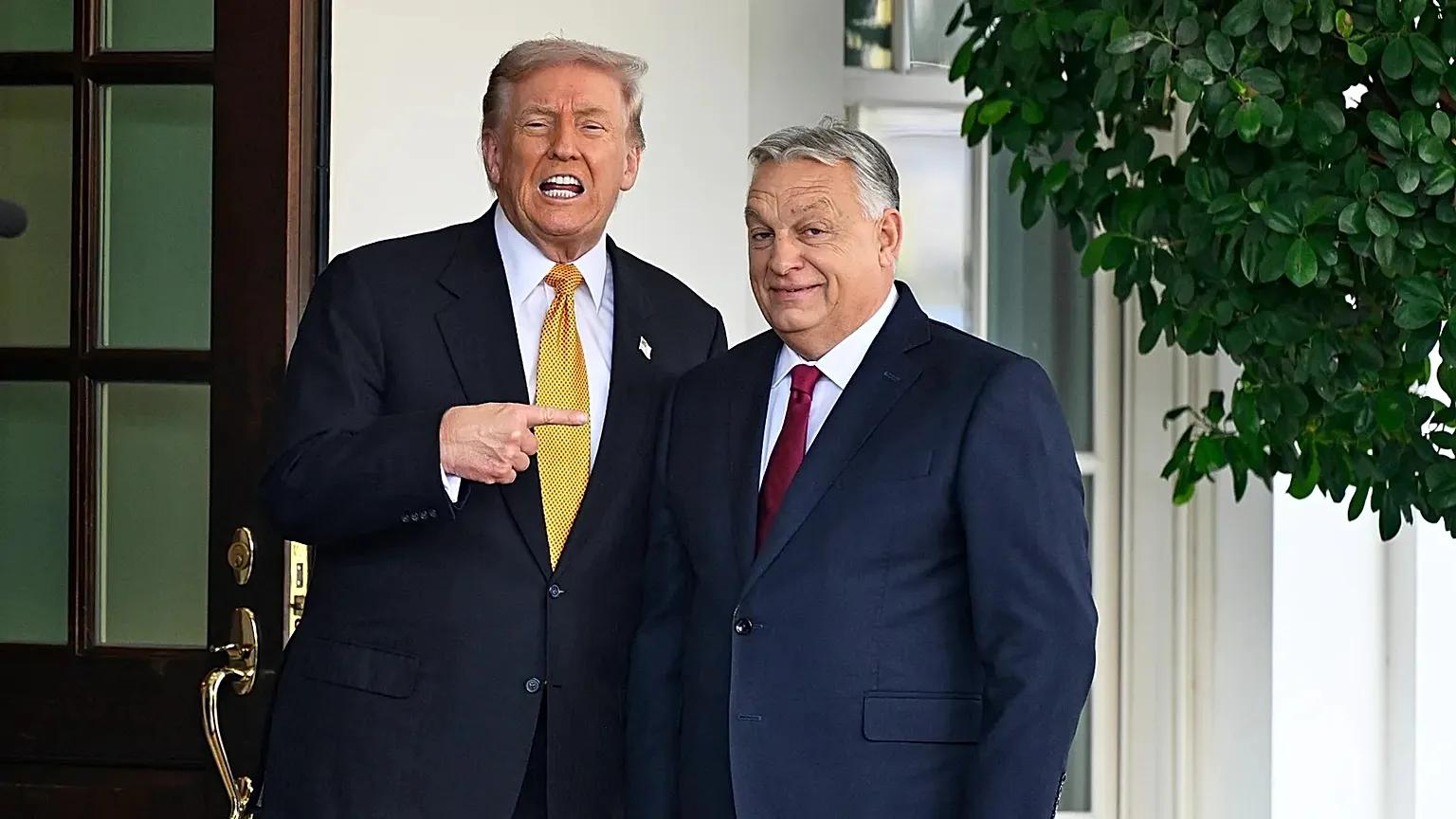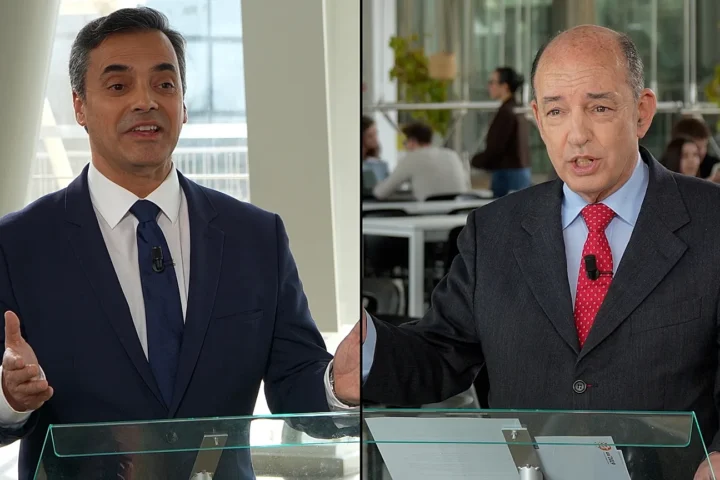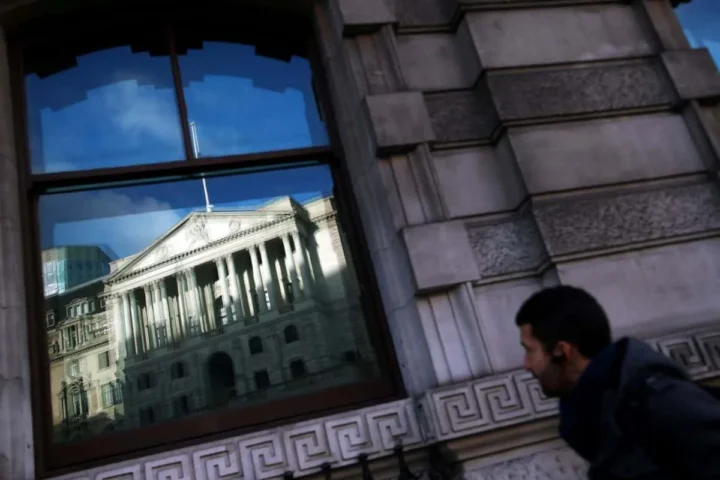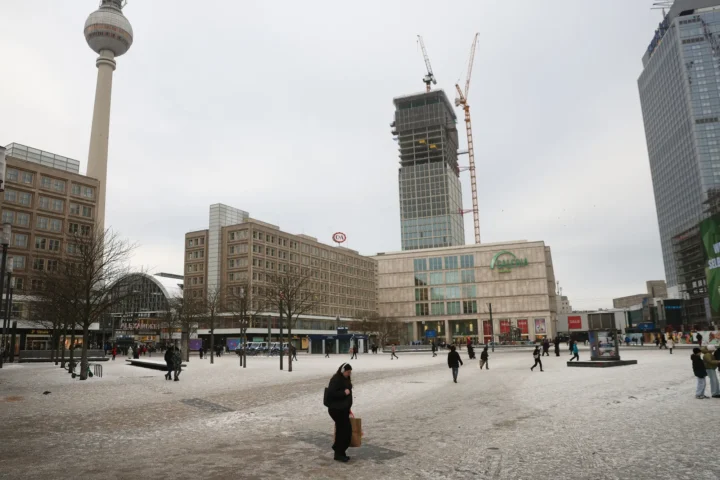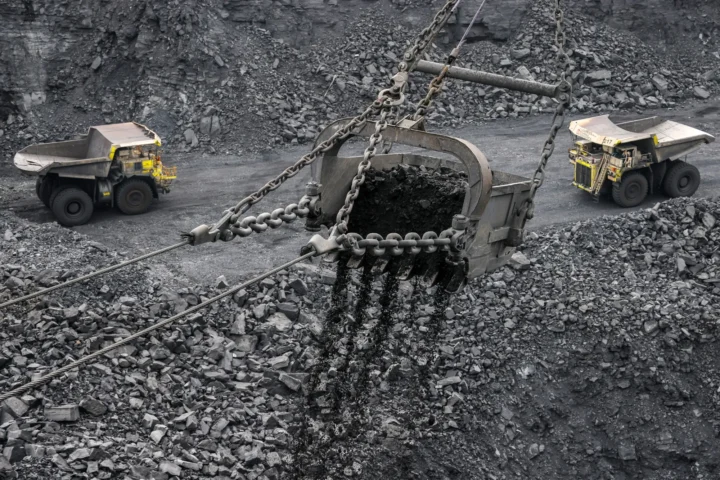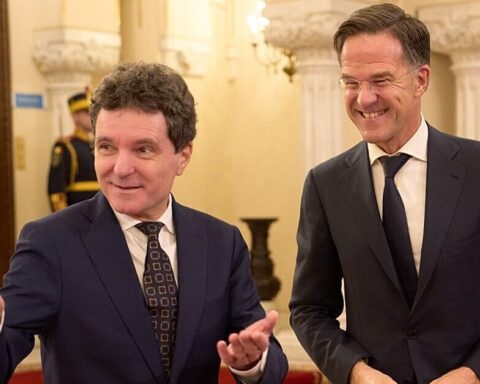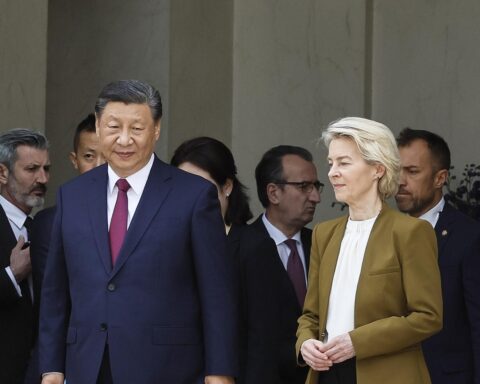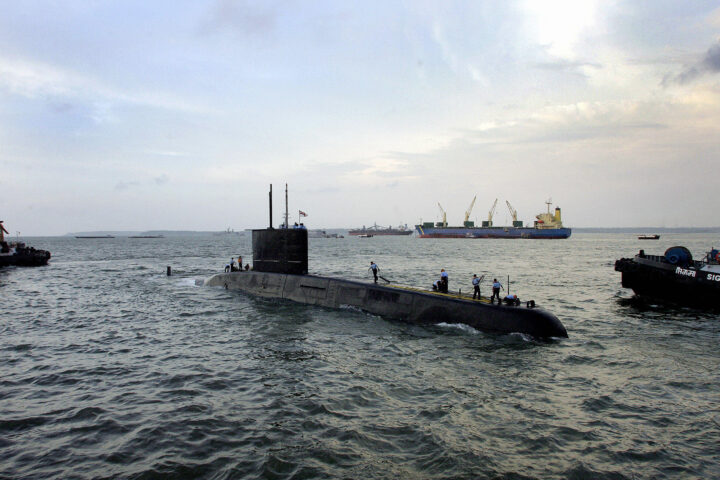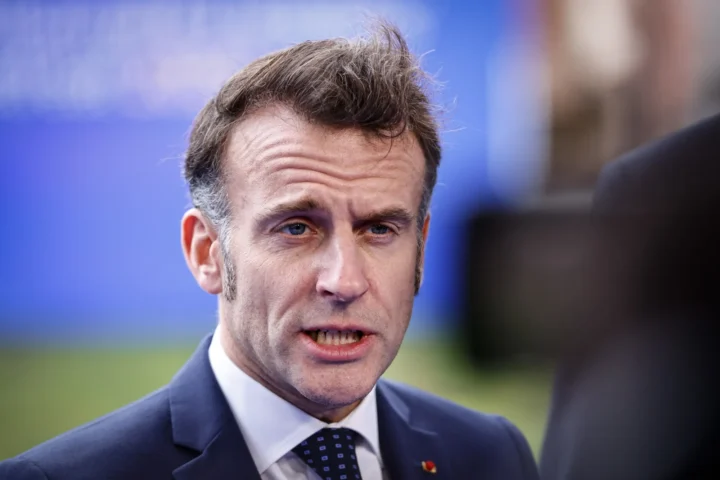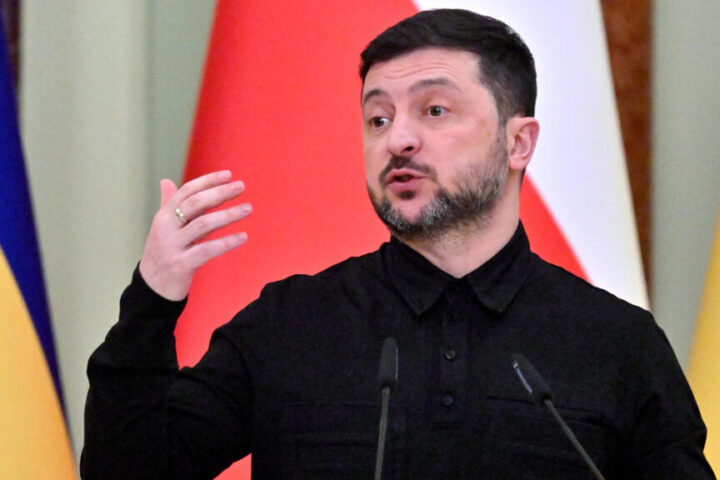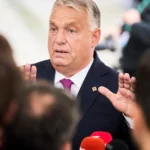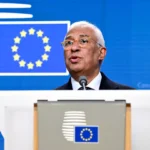A Political and Economic Victory for Budapest
In a decision that reshapes the European energy landscape, U.S. President Donald Trump has agreed to grant Hungary a one-year exemption allowing continued purchases of Russian oil, defying mounting pressure from Western allies to further isolate Moscow.
The White House confirmed that the exemption, which takes effect immediately, is designed to “accommodate specific national energy security needs.” However, European diplomats privately describe it as a political concession to Hungarian Prime Minister Viktor Orbán, who faces a tough re-election campaign in April amid soaring inflation and a shrinking economy.
The move marks a stark divergence between Washington and Brussels on how far sanctions against Russia should go — and may reignite tensions within NATO and the European Union over Orbán’s increasingly independent foreign policy.
Orbán’s Long Game: Energy as Political Survival
For years, Viktor Orbán has positioned Hungary as a bridge between East and West, maintaining close ties with Moscow while benefiting from EU membership. Now, with Hungary’s economy teetering and public discontent rising over energy costs, Orbán has secured what could be his most crucial political victory yet.
Hungary is heavily dependent on Russian energy, with nearly 65% of its oil and 80% of its natural gas supplied through Russian pipelines. The exemption from U.S. sanctions effectively shields Budapest from the crippling energy shortages that have hit other parts of Europe.
“This is a victory for Hungarian households and for sovereignty,” Orbán declared in a televised address. “We will not allow our people to be punished by sanctions that were not made for us.”
Analysts say the decision gives Orbán breathing room to stabilize domestic prices and project himself as the defender of Hungarian interests against what he calls “Brussels’ overreach.”
The Trump Factor: Realpolitik Meets Election Politics
For President Trump, the decision aligns with his administration’s transactional approach to foreign policy — prioritizing bilateral deals and energy diplomacy over collective Western sanctions frameworks.
White House sources describe the exemption as part of a broader effort to “rebalance relationships in Eastern Europe”, rewarding countries that maintain stability and independence from EU directives.
Behind the scenes, Trump advisers reportedly viewed Orbán as a useful ally in a region increasingly divided between pro-EU and nationalist governments. By offering economic relief through energy policy, the U.S. administration believes it can counter China’s and Russia’s influence in Central Europe while maintaining leverage over the EU.
Critics, however, argue the move undermines Western unity at a time when sanctions against Russia are key to containing Moscow’s geopolitical ambitions.
“This decision plays directly into Putin’s hands,” said a former senior U.S. State Department official. “It fractures the transatlantic front just when cohesion is most critical.”
Economic Context: Hungary’s Fragile Position
Hungary’s economy has been battered by high inflation, slow growth, and rising borrowing costs. The country narrowly avoided recession in early 2025, largely due to high energy imports and a weak forint.
The energy exemption will allow Budapest to import up to 120,000 barrels per day of Russian crude, primarily via the Druzhba pipeline, at discounted rates — a financial relief estimated to save the country over $2 billion in 2026.
For Orbán, this is more than an economic win — it’s a political lifeline. Cheap energy has long been central to his domestic agenda, underpinning popular household energy subsidies and industrial competitiveness.
Economists warn, however, that short-term relief could come at the expense of long-term dependence. Hungary remains isolated within the EU’s energy transition framework, with limited investment in renewables and infrastructure diversification.
“This exemption buys Orbán time, not transformation,” noted Ágnes Varga, an energy economist at Budapest University. “Without structural reform, Hungary’s vulnerability to geopolitical shocks will only deepen.”
European Reaction: Frustration in Brussels
Reactions from European capitals were swift — and largely critical.
Officials in Brussels said the U.S. decision undermines EU unity, particularly as the bloc continues to impose strict sanctions on Russian oil, gas, and financial transactions.
European Commission Vice President Josep Borrell said the exemption “sends the wrong signal” and risks giving Moscow renewed access to hard currency through oil exports.
“Every exemption weakens our collective leverage against Russia,” Borrell warned. “Energy dependence cannot be a political bargaining chip.”
Germany and France privately expressed concern that other Eastern European nations — notably Slovakia and the Czech Republic — may now demand similar exemptions, threatening to fragment EU sanctions policy further.
Russia’s Response: A Subtle Victory for the Kremlin
In Moscow, officials celebrated the news as a symbolic and strategic win.
Though the exemption covers only a modest share of Russia’s export market, it represents a break in the Western sanctions wall. Russian state media hailed the decision as proof that “sanctions fatigue” is spreading among Western allies.
Kremlin spokesperson Dmitry Peskov said Moscow “welcomes pragmatic decisions that respect national interests,” while Russian oil giant Rosneft announced plans to expand supply contracts with Hungary through 2026.
The geopolitical implications are clear: Russia gains both economic relief and political validation from a NATO and EU member openly buying its energy under U.S. approval.
Orbán’s Election Gamble: Can Cheap Energy Buy Votes?
With Hungary’s election just months away, Orbán’s ruling Fidesz party faces its toughest challenge in over a decade. The opposition has rallied around corruption scandals, inflation, and the government’s contentious relationship with Brussels.
But with the U.S. exemption now in hand, Orbán can campaign on stability and affordability — two themes that resonate deeply with Hungarian voters.
Energy bills in Hungary are among the lowest in the EU, a fact Orbán routinely credits to his refusal to “bow to Brussels.” Analysts say if fuel and heating costs remain low through winter, it could tip the balance in his favor come April.
“Energy is politics in Hungary,” said Balázs Papp, a political strategist in Budapest. “Orbán knows that controlling prices means controlling the narrative.”
A Divided West: The Broader Implications
The Trump administration’s move to carve out an exception for Hungary exposes fault lines in the Western allianceover how to handle Russia. It raises difficult questions about whether geopolitical flexibility — justified by economic need — can coexist with the principles of collective deterrence.
It also underscores the new power dynamics shaping global energy politics. As sanctions fatigue grows and new nationalist governments take shape, the cohesion that once defined Western policy toward Moscow appears increasingly fragile.
For Orbán, however, the equation is simple: survival first, alliances second.
Conclusion: Energy, Power, and Pragmatism
Trump’s exemption for Hungary is more than a policy decision — it’s a symbol of shifting geopolitical priorities. It rewards pragmatism over principle, bilateralism over alliance, and national interest over collective strategy.
For Orbán, it’s a political windfall that could decide his fate at the ballot box. For Trump, it’s another display of deal-driven diplomacy, favoring immediate gains over long-term consistency.
But for Europe, it’s a warning: as energy politics once again become a tool of statecraft, the fragile unity that has defined the post-Ukraine era may be entering its most dangerous test yet.
If Hungary’s exemption proves successful — politically and economically — it may encourage others to follow suit, signaling not just an energy exception, but the emergence of a new geopolitical normal, where national power once again trumps collective principle.
